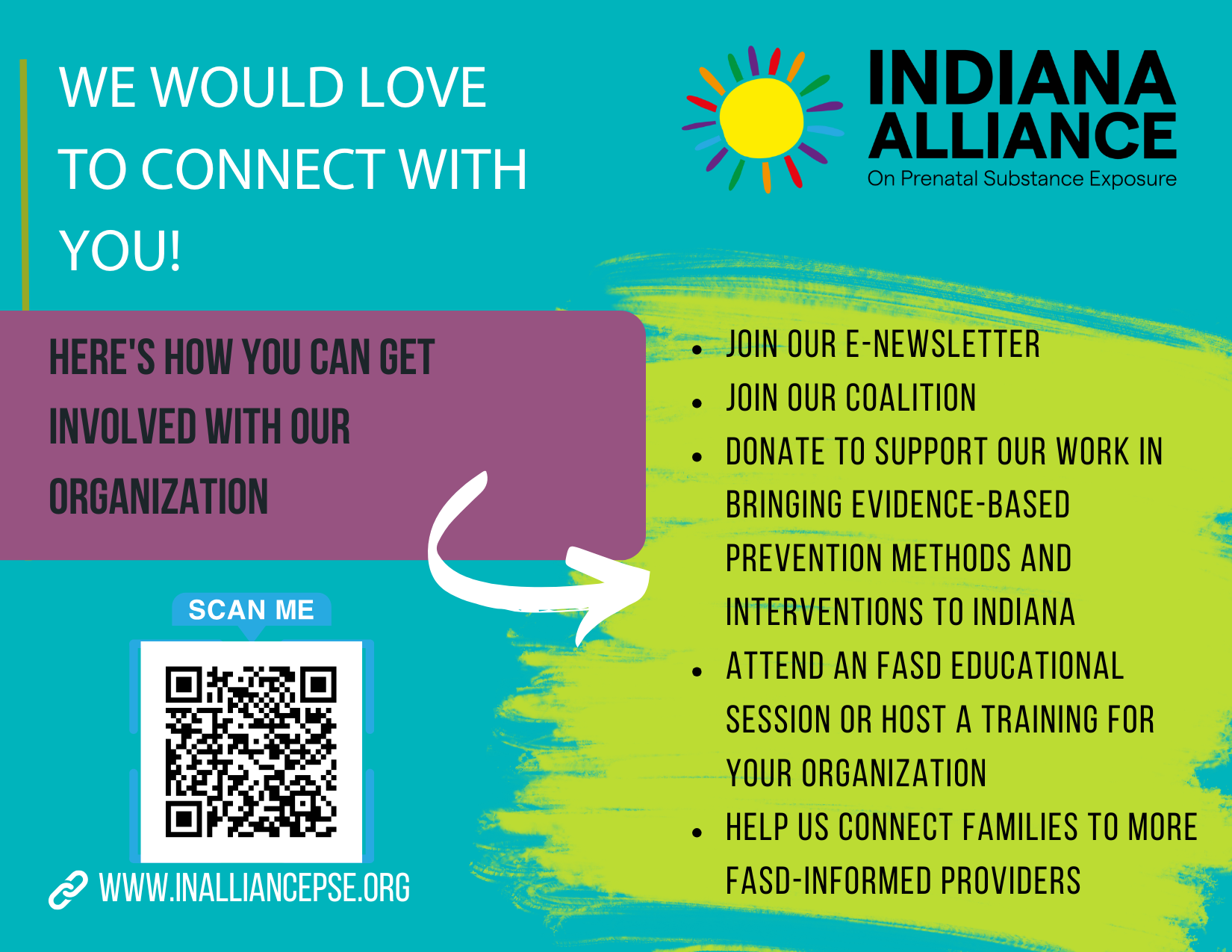A blood test on expectant mothers may help identify infants at risk for fetal alcohol spectrum disorders (FASD), according to a new study.
Fetal alcohol spectrum disorders occur when women drink large amounts of alcohol during pregnancy. The condition can affect a child’s development and cause long-lasting physical and mental health problems. Being able to identify infants at risk for FASD might lead to early treatment and better outcomes, the researchers said.
“It’s a huge problem, but we might not realize the full scope because infants born with normal-looking physical features may be missed, making many cases difficult to diagnose early,” study co-senior author Rajesh Miranda said in a Texas A&M University news release. He is a professor in the university’s Department of Neuroscience and Experimental Therapeutics.
Researchers examined the health and drinking histories of 68 pregnant women in western Ukraine, along with blood samples collected during the second and third trimesters of their pregnancies.
Moderate to high levels of drinking during early pregnancy were associated with major differences in some RNA molecules circulating in an expectant mother’s blood. These differences were seen in mothers whose babies showed physical or mental signs of alcohol exposure in the first year of life.
One reason fetal alcohol spectrum disorders can be hard to diagnose is that infants exposed to the same amount of alcohol while in the womb may have much different outcomes, the researchers said.
“Although it is generally true that binge-drinking during pregnancy presents the greatest risk, not all women who consume substantial amounts of alcohol in pregnancy will have a child who is clearly affected,” said study co-senior author Christina Chambers. She is a professor of pediatrics at the University of California, San Diego School of Medicine.
“That’s why we examined specific biomarkers in the mother’s blood in the second and third trimester of her pregnancy to determine if they are useful in identifying children who could benefit from early interventions,” Chambers said.
The researchers said more studies with larger samples of mothers and babies are needed to confirm these findings.
The study was published Nov. 9 in the journal PLOS ONE.
More information
The U.S. Centers for Disease Control and Prevention has more on FASD.
This article originally appeared on US News & World Report at www.usnews.com







